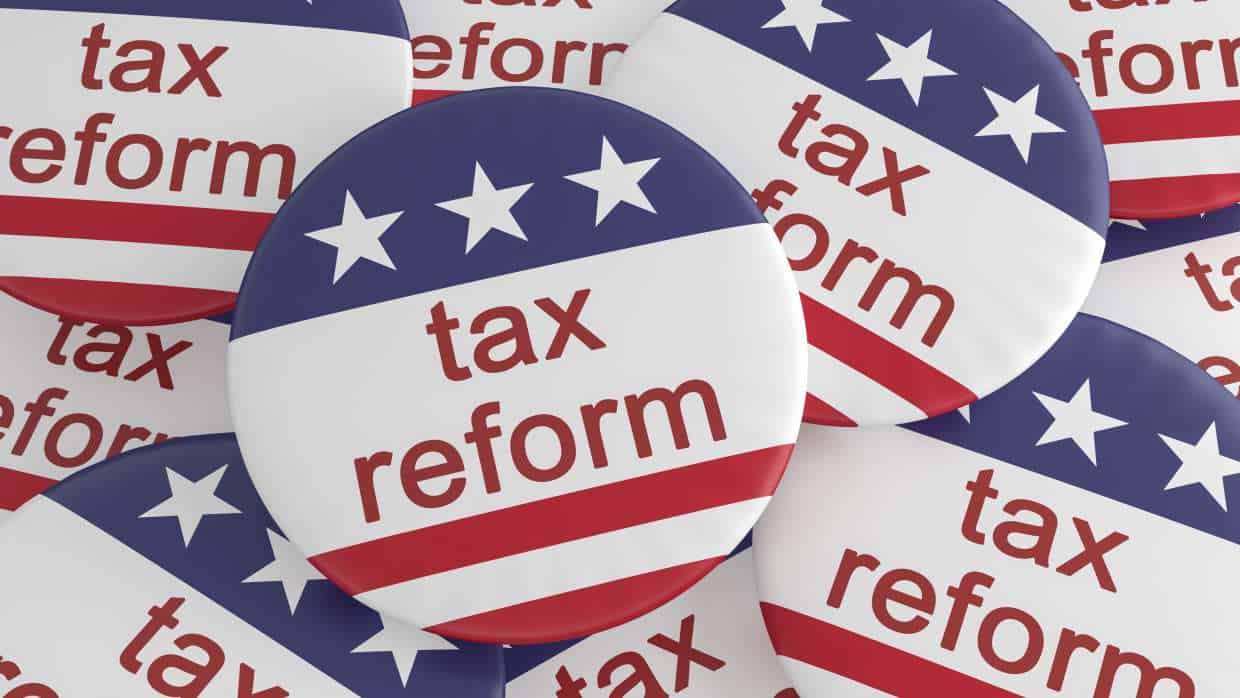How Does the CARES Act Impact Taxes? Changes for 2019 and Beyond

By Sarah Mouser, CFP®, CTS™, CES™
The Coronavirus Aid, Relief, and Economic Security (CARES) Act was introduced in response to the COVID-19 pandemic and signed into law on March 27, 2020. This new legislation contains important tax law changes that affect many of our clients. Below is a summary of these changes and how they may impact you for the 2019 tax season and throughout 2020.
2019 Federal Tax Filing Deadline
As part of the emergency relief plan due to the Coronavirus, the Treasury Department announced that the 2019 tax deadline has now been extended to July 15, 2020. This means taxpayers now have an additional 3 months to file and pay their federal taxes without interest and payment penalties. This change applies to individuals and corporations, as well as estate and trust tax return filings.
For those who make estimated tax payments, 2020 Federal payment due dates have also been adjusted:
- 1st quarter estimated tax payments – July 15, 2020 (due to tax relief from Coronavirus)
- 2nd quarter estimated tax payments – June 15, 2020. We anticipate this date to be adjusted and will keep you updated on changes as they are announced.
- 3rd quarter estimated tax payments – September 15, 2020
- 4th quarter estimated tax payments – January 15, 2021
If you have already filed your 2019 Federal income tax return and opted for a scheduled withdrawal payment, you can delay this payment by contacting the IRS at least two business days prior to the originally scheduled withdrawal date. IRS telephone contact number: 1-888-353-4537
2019 State Tax Filing Deadline
Maryland and the District of Columbia have announced that they will follow the same Federal schedule for tax filing deadlines and payment schedules. Currently, Virginia is still requiring taxpayers to file their 2019 tax return by May 1, 2020. Virginia tax payments will not be due until June 1, 2020 without a late payment penalty; however, interest will still be applied for the additional time allowance. Therefore, we would not encourage you to delay payments unless necessary.
We encourage all clients outside of the D.C. metropolitan area to review their respective state income tax filing website for ongoing developments to filing and payment deadlines.
2019 Contribution Deadlines
For tax year 2019, contribution deadlines have also been extended to July 15, 2020. This applies to Traditional and Roth IRAs, HSAs, and Archer MSA account contributions.
2020 Tax Law Changes
The CARES Act also contains additional important changes that impact many of our clients and allows for increased flexibility and tax planning strategies for 2020. These changes include:
- Required Minimum Distributions: 2020 Required Minimum Distributions (RMDs) from IRAs and tax-deferred employer plans (IRA and Inherited IRA accounts, 401(k), 403(b), etc) have been suspended. This also applies to taxpayers who turned 70 ½ in 2019 and elected to defer their first year’s RMD to April 1, 2020. These RMDs are no longer required for tax year 2020. If you are taking withdrawals from your retirement accounts, and do not need the income, we may recommend a change to your withdrawal strategy for 2020. We encourage you to reach out to your financial advisor to discuss potential changes moving forward.
- Coronavirus-Related Distributions (CRDs): The 10% early withdrawal penalty on distributions from retirement accounts (IRAs, 401k, etc.) prior to age 59 ½ has been eliminated for taxpayers suffering economic hardship from COVID-19. Penalty-free withdrawals are capped at $100,000. While income tax will still be due on these distributions, the law allows tax payment on CRDs to be stretched over a 3-year period allowing for increased flexibility for those seeking additional income. Those who elect CRD hardship withdrawals will have the opportunity to re-deposit these dollars back into their tax-deferred accounts over a 3-year period without regard to the normal contribution limits.
- Charitable Donations: Taxpayers who claim the standard deduction will now be able to deduct up to $300 of “above the line” charitable contributions on their 2020 tax return. In addition, charitable contributions claimed as itemized deductions are generally limited to 50% of adjusted gross income (AGI). This limitation has been eliminated for tax year 2020.
- Health Savings Accounts (HSAs) and Flexible Spending Accounts (FSAs): Over the-counter products are now eligible expenses for HSAs, FSAs and Health Reimbursement Arrangements (HRAs). This reverses laws put in place by the Affordable Care Act and is retroactive for expenses after January 1, 2020.
- Recovery Rebate: Subject to income threshold limitations and phaseouts, taxpayers are eligible for a 2020 rebate tax credit of up to $1,200 per taxpayer and $500 per dependent under the age of 16. Rebates are based on adjusted gross income (AGI) for 2020 but are advanced to taxpayers based on 2018 or 2019 income tax data. Phaseouts begin at $75,000 of AGI for single taxpayers ($150,000 for married filing jointly). For those who are eligible, the Treasury department currently expects rebates to be paid to taxpayers by mid-April 2020.
As always, we recommend consulting with your tax advisor as you plan for and make any adjustments to your tax planning strategy based on the above information. We are happy to coordinate with your tax advisor as desired.



